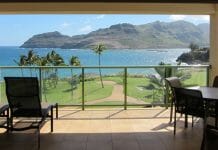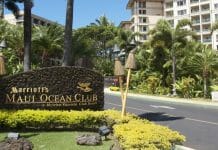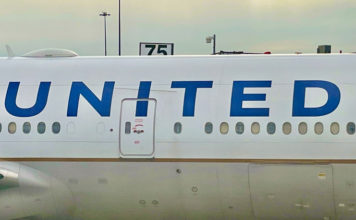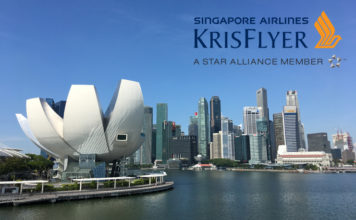TravelingForMiles.com may receive commission from card issuers. Some or all of the card offers that appear on TravelingForMiles.com are from advertisers and may impact how and where card products appear on the site. TravelingForMiles.com does not include all card companies or all available card offers.
When searching for vacation accommodation you’re likely to come up against quite a few terms that you may not have seen before and, while some are self explanatory, others are less obvious. These two are among the most important.
A ‘deeded unit’ is the most common type of unit found on Vacation Smarter and, with very few exceptions, is the type unit you will encounter in the United States.
When purchasing a unit at a ‘deeded’ resort you will be purchasing a fraction of the resort and the land it stands on so you have, at least in part, some physical ownership of the building you are buying into. In addition, these deeds are often ‘in perpetuity’ which means that they don’t expire, so you can pass it on from generation to generation just like you would your own home.
‘Right to Use’ units/resorts (often shortened to RTU) are slightly different. These resorts are most commonly found in regions like the Caribbean and Europe and ownership at these properties is more akin to a lease than a deed. Let’s take a very popular resort in Aruba as an example:
Marriott’s Aruba Surf Club is a Right To Use Resort so when you buy into the property you are not buying a part of the resort. You are buying the right to use that resort. This is primarily down to local laws which restrict foreign ownership of property on the island, so the Aruban government owns the land the resort stands on, and allows Marriott and its owners to use it for a determined period of time (just like a lease). In this case, the RTU period runs until 2061 at which point we are told that Marriott and its owners will have the right to renegotiate the land deal with the local authorities.
Palm Beach Aruba from an Ocean Front Unit at Marriott’s Aruba Surf ClubThis isn’t the case with all RTU properties as in the case of Marriott’s Club Son Antem, the resort is to be sold upon the expiration of the RTU period and the proceeds after costs will be divided up amongst the owners of the RTU weeks. Always check very carefully the details of the resort where you’re purchasing. Don’t assume that the way RTU is treated at one resort will be the way RTU is treated at another.
It’s important to note that RTU isn’t necessarily a worse option than having a deeded unit, it’s just a different type of ownership. Owning a unit at an RTU resort doesn’t necessarily preclude owners from bequeathing their unit to the next generation (it will depend on what happens to the resort at the end of the RTU period) but there are nuances that will come into play, so make sure you take legal advice where necessary.
When considering a purchase at a resort always check the paperwork and always make sure you do your research so that you truly know what you’re buying. Ask the closing company any questions you can think of and then take your time before committing to anything. For more information and links that may be of use, please check out our Help Page.



![[VIDEO] – Marriott’s Cypress Harbour Orlando – 2-Bed Villa Marriott's Cypress Harbour](https://travelingformiles.com/wp-content/uploads/2015/07/marriott-cypress-harbour-218x150.png)




![The ideal 4 card American Express Membership Rewards team [Updated] a glass door with a picture of a man](https://travelingformiles.com/wp-content/uploads/2021/06/Amex-Centurion-Lounge-SFO-featured-741-356x220.jpg)








